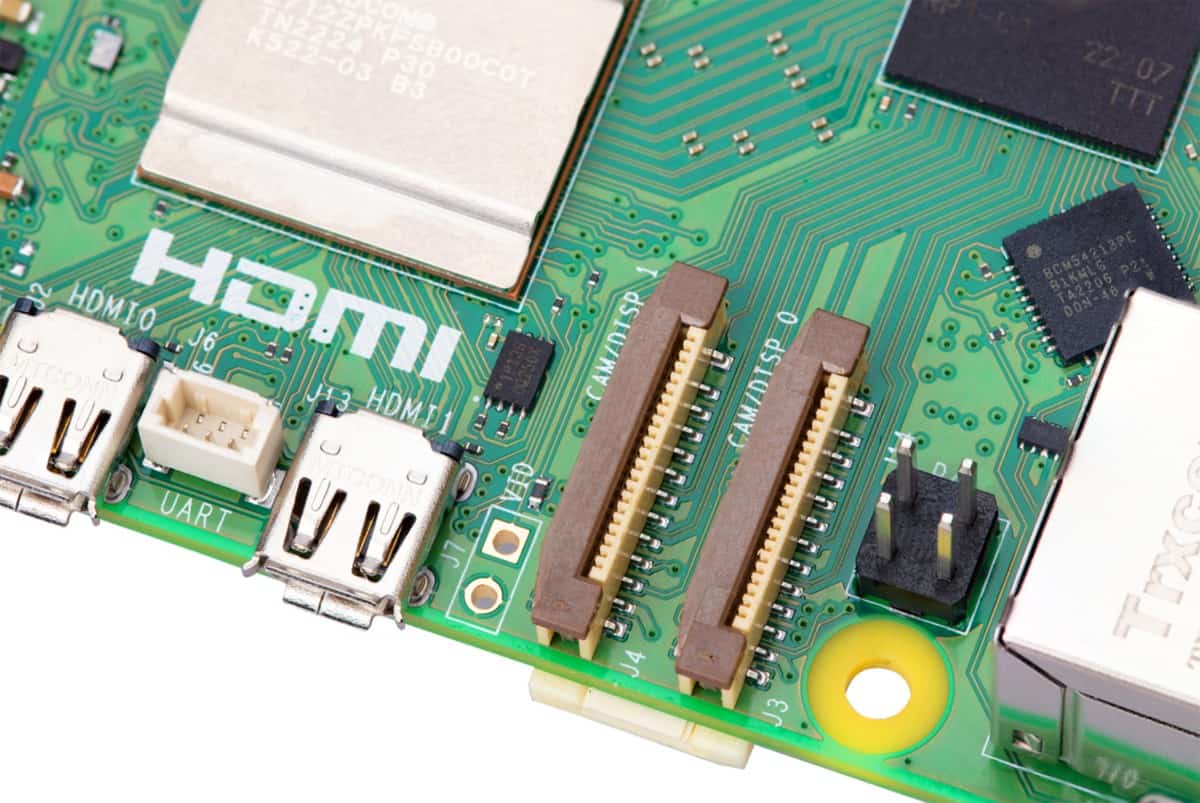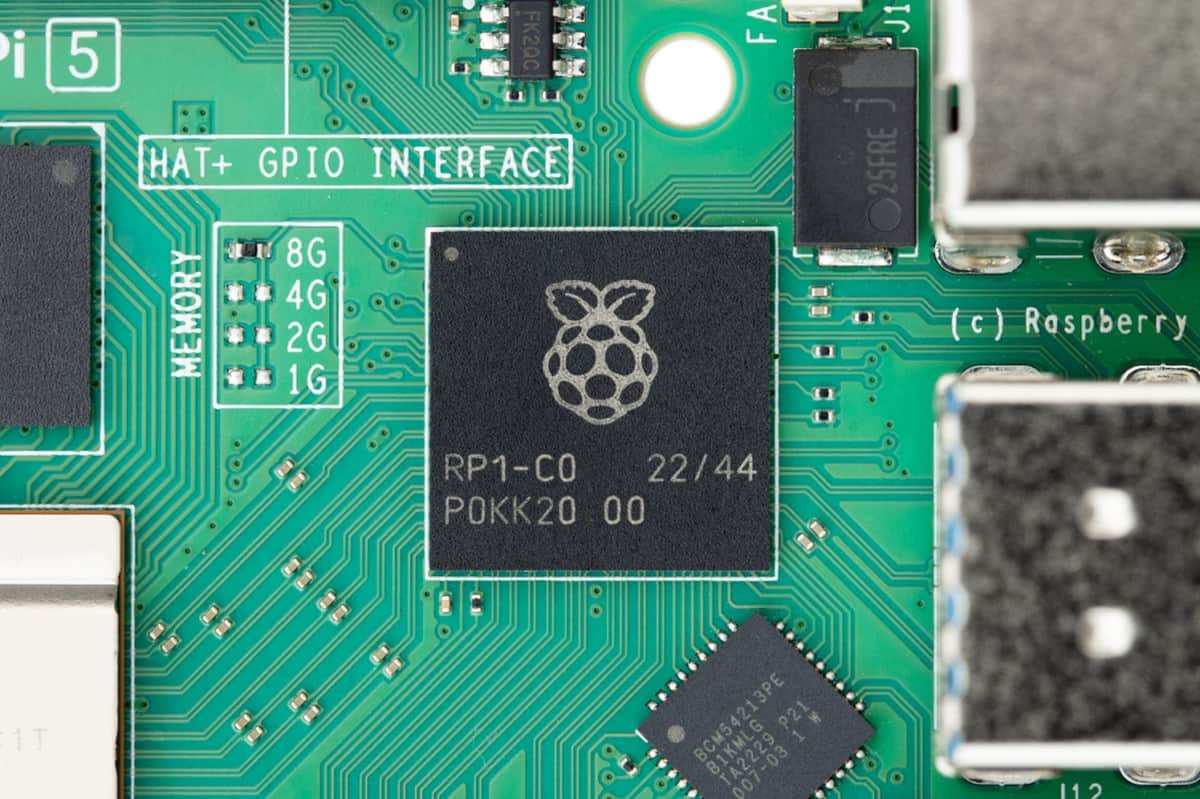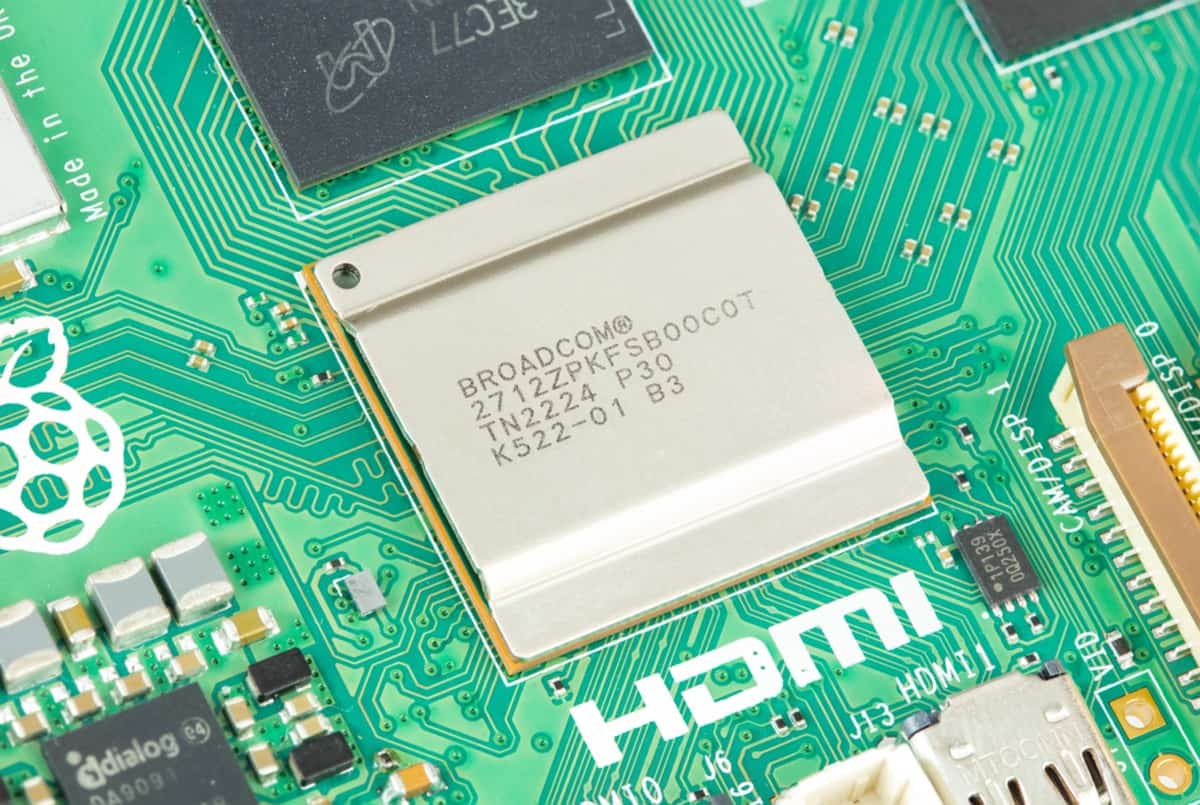Against earlier doubts about its release this year, the highly anticipated Raspberry Pi 5 has made its debut, boasting significant enhancements while maintaining its budget-friendly appeal.
Let's take a look at the first Raspberry Pi with a feature of in-house silicon but first, see how the co-founder of Raspberry Pi, Eben Upton, introduces Raspberry Pi 5 in the YouTube video by Raspberry Pi channel below.
Raspberry Pi 5 specs
At the heart of the Raspberry Pi 5 is a robust 64-bit quad-core Arm Cortex-A76 processor, clocked at 2.4GHz, promising a remarkable two to three times performance boost compared to its predecessor, the Raspberry Pi 4. This substantial processing power ensures swift boot times and speedy webpage loading, setting it apart from older models.
Additionally, it incorporates an 800MHz VideoCore VII graphics chip, delivering a substantial improvement in graphics performance, enhancing its versatility for a wide range of applications.
One standout feature is the introduction of the RP1 Southbridge, designed by the Raspberry Pi Foundation. This component serves as a crucial part of the motherboard, facilitating seamless communication with peripherals. It not only elevates peripheral performance but also enables faster data transfer to external UAS drives and other devices.

The Raspberry Pi 5 also introduces two four-lane 1.5Gbps MIPI transceivers, allowing for the connection of up to two cameras or displays, along with a new single-lane PCI Express 2.0 interface, opening the door to high-bandwidth peripherals. However, it's worth noting that a separate adapter, such as an M.2 HAT, is required to fully utilize this feature.
In terms of connectivity, the Raspberry Pi 5 offers dual 4Kp60 HDMI display outputs with HDR support, a microSD slot, two USB 3.0 ports, two USB 2.0 ports, Gigabit Ethernet, and a 5V DC power connection via USB-C. The inclusion of Bluetooth 5.0 and Bluetooth Low Energy (LE) adds versatility, while peak SD card performance is doubled with the SDR104 high-speed mode.
An interesting addition is the active cooling component provided by Raspberry Pi, which addresses concerns about heat generation. This ensures that the device maintains optimal operating temperatures.

Here is a quick summary of Raspberry Pi 5 specs:
- Processor: 64-bit quad-core Arm Cortex-A76 at 2.4GHz
- Graphics: 800MHz VideoCore VII for improved graphics performance
- Cooling: Active cooling component included
- RP1 Southbridge: Enhances peripheral performance and data transfer
- MIPI Transceivers: Supports two four-lane 1.5Gbps MIPI transceivers
- PCI Express Interface: Offers high-bandwidth peripheral support
- Display Outputs: Dual 4Kp60 HDMI display outputs with HDR
- Connectivity: MicroSD slot, USB 3.0/2.0 ports, Gigabit Ethernet, USB-C power
- Wireless: Bluetooth 5.0 and Bluetooth LE support
- SD Card Performance: Doubles SD card performance with SDR104 mode
- RAM Options: Available in 4GB and 8GB versions
These features make the Raspberry Pi 5 an enticing choice for diverse projects, from DIY PCs to media servers and beyond.
Raspberry Pi 5 price and availability
The Raspberry Pi 5 comes with different RAM options at launch, with the 4GB version priced at $60 and the 8GB variant at $80. While this marks a slight increase compared to the Raspberry Pi 4, it still represents exceptional value for the performance and capabilities it offers.
The Raspberry Pi 5 is set to hit the market before the end of October, promising to elevate the possibilities of DIY computing and projects.

Raspberry Pi 5 vs Arduino
It's natural to wonder how the Raspberry Pi 5 stacks up against Arduino, another beloved platform in DIY electronics.
While Arduino is excellent for specific tasks like controlling sensors and actuators, the Raspberry Pi 5 offers a full-fledged computing experience with an operating system, making it better suited for more complex tasks that require general-purpose computing and connectivity.
The choice between them depends on the specific needs of your project but one thing is certain: we are introduced to a Raspberry that is more powerful than ever!
Featured image credit: Raspberry Pi.
Thank you for being a Ghacks reader. The post Raspberry Pi 5 is finally among us. Here are the details appeared first on gHacks Technology News.

0 Commentaires